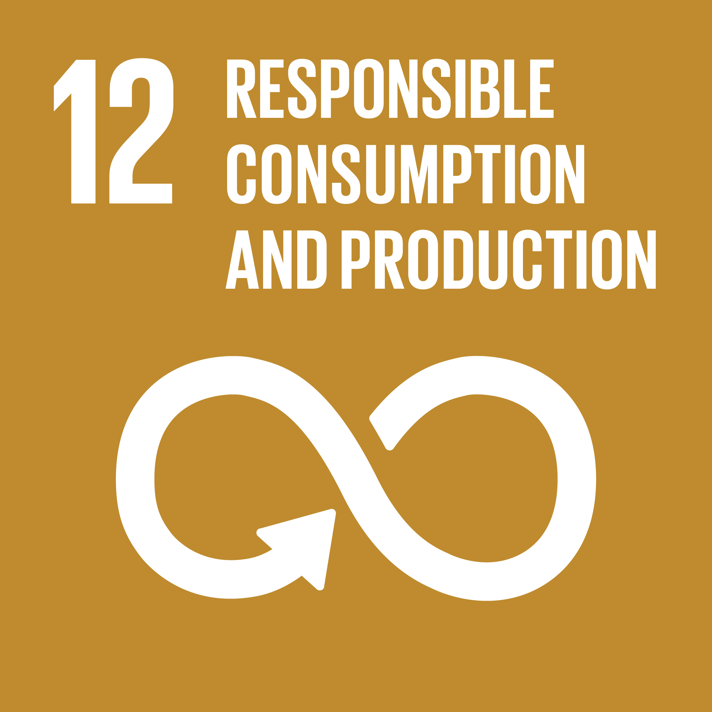Goal 12: Responsible consumption and production
Published
Goal 12 is to ensure sustainable consumption and production patterns.

The transition to sustainable consumption and production of goods and services is necessary to reduce the negative impact on the climate and the environment, and on people's health. Developing countries in particular are greatly affected by climate change and other environmental impacts, which lead to increased poverty and reduced prosperity.
Sustainable consumption and production involve using resources efficiently, taking account of ecosystem services that are key to making a living, and reducing the impact of dangerous chemicals. This not only means environmental benefits but also social and economic benefits such as increased competitiveness, business sector development in a global market, increased employment and improved health, and consequently reduced poverty. Sustainable consumption and production patterns are therefore a prerequisite for the transition to a green economy and sustainable development.
Sustainable consumption and production is a cross-cutting issue that complements other goals. The transition to sustainable consumption and production patterns requires a range of tools and measures at various levels that must be implemented by various actors. Education is an important cornerstone. Through education, people can acquire the values, knowledge and skills to enable them to contribute to sustainable development. Another cornerstone is information. Clear and easily accessible information in the form of environmental labelling, consumer information services, product information in shops and online information, etc. enables consumers and other actors to make responsible and sustainable choices of products and services, and to adopt more sustainable lifestyles.
The global 10-year framework of programmes on sustainable production and consumption (10YFP), adopted at the UN Conference on Sustainable Development in Rio in 2012, will be an important tool for implementing this goal.
Targets
12.1 Implement the 10-Year Framework of Programmes on Sustainable Consumption and Production Patterns, all countries taking action, with developed countries taking the lead, taking into account the development and capabilities of developing countries
12.2 By 2030, achieve the sustainable management and efficient use of natural resources
12.3 By 2030, halve per capita global food waste at the retail and consumer levels and reduce food losses along production and supply chains, including post-harvest losses
12.4 By 2020, achieve the environmentally sound management of chemicals and all wastes throughout their life cycle, in accordance with agreed international frameworks, and significantly reduce their release to air, water and soil in order to minimize their adverse impacts on human health and the environment
12.5 By 2030, substantially reduce waste generation through prevention, reduction, recycling and reuse
12.6 Encourage companies, especially large and transnational companies, to adopt sustainable practices and to integrate sustainability information into their reporting cycle
12.7 Promote public procurement practices that are sustainable, in accordance with national policies and priorities
12.8 By 2030, ensure that people everywhere have the relevant information and awareness for sustainable development and lifestyles in harmony with nature
12.a Support developing countries to strengthen their scientific and technological capacity to move towards more sustainable patterns of consumption and production
12.b Develop and implement tools to monitor sustainable development impacts for sustainable tourism that creates jobs and promotes local culture and products
12.c Rationalize inefficient fossil-fuel subsidies that encourage wasteful consumption by removing market distortions, in accordance with national circumstances, including by restructuring taxation and phasing out those harmful subsidies, where they exist, to reflect their environmental impacts, taking fully into account the specific needs and conditions of developing countries and minimizing the possible adverse impacts on

 X
X